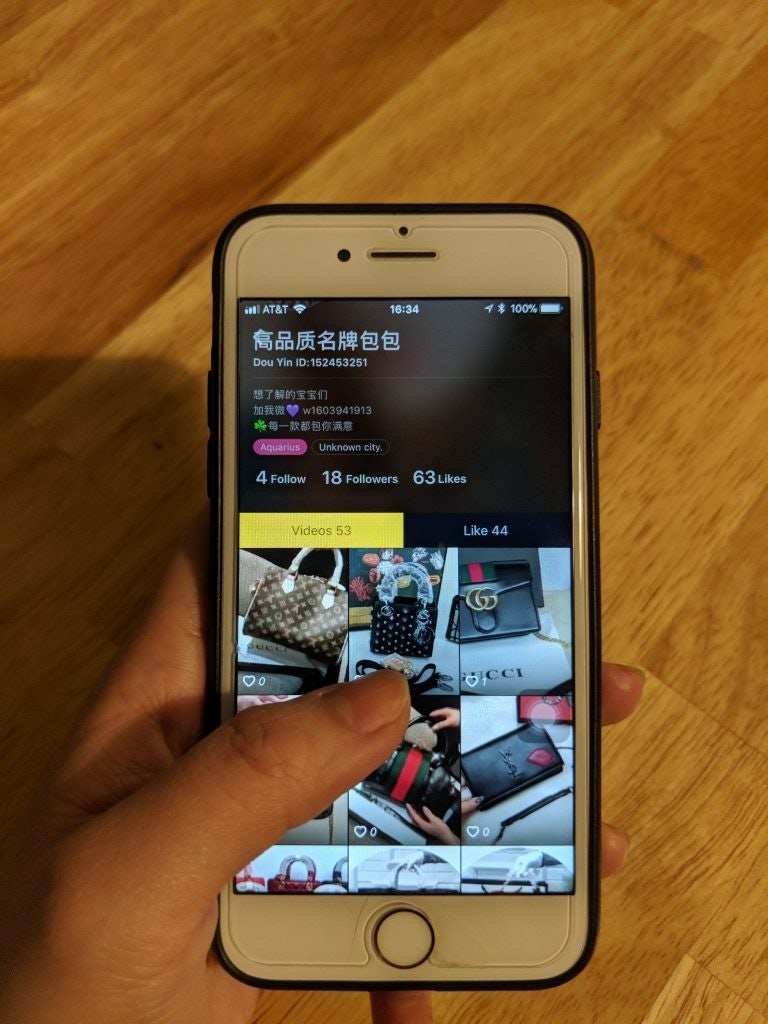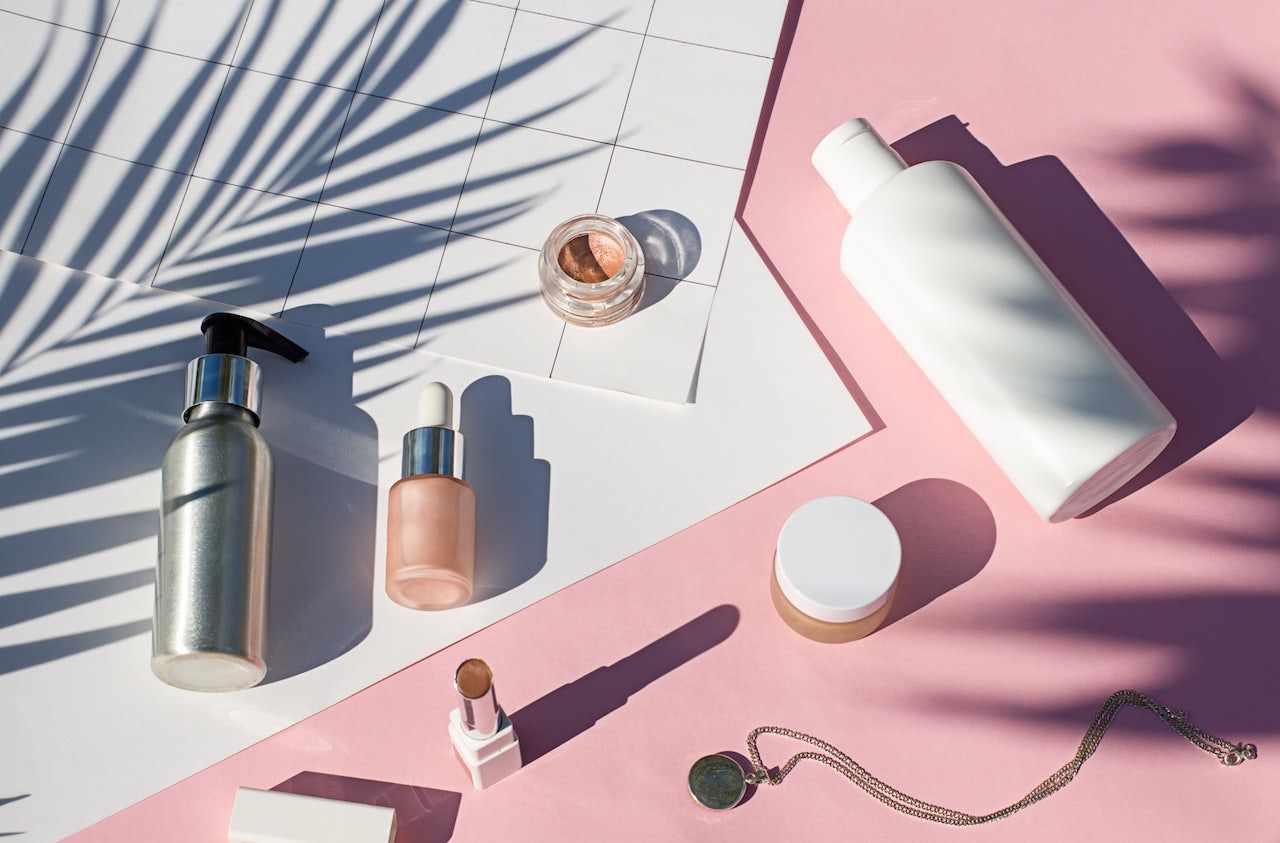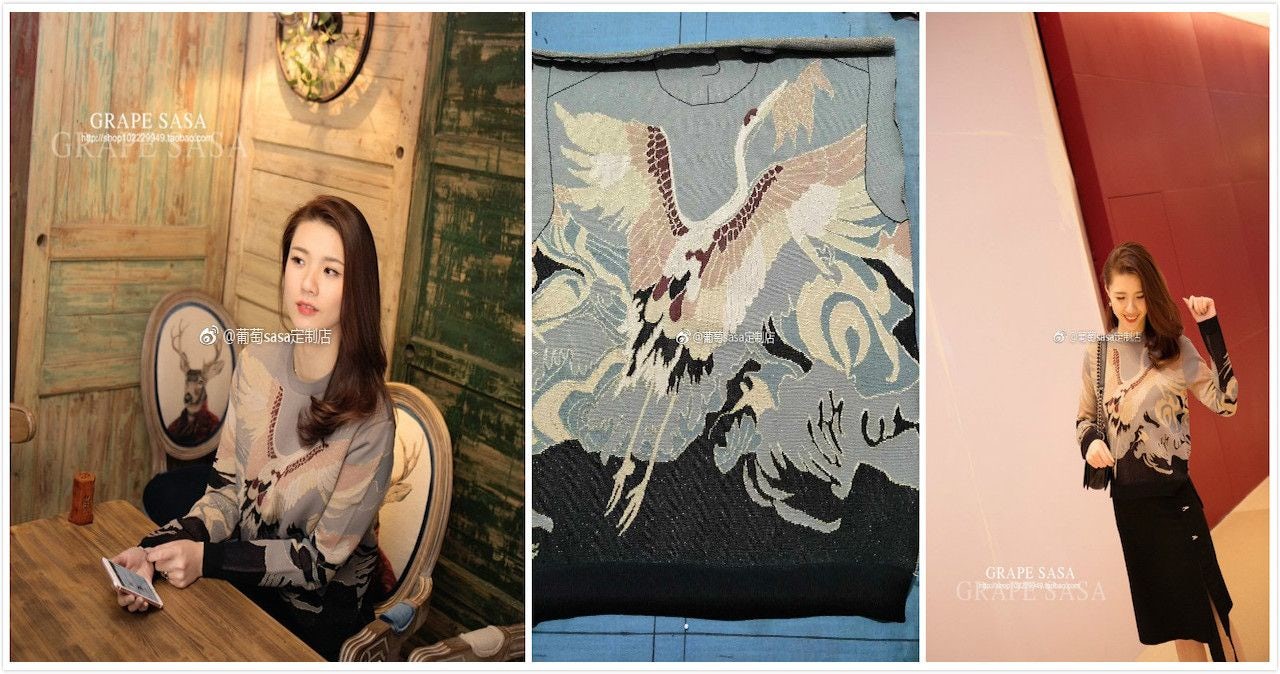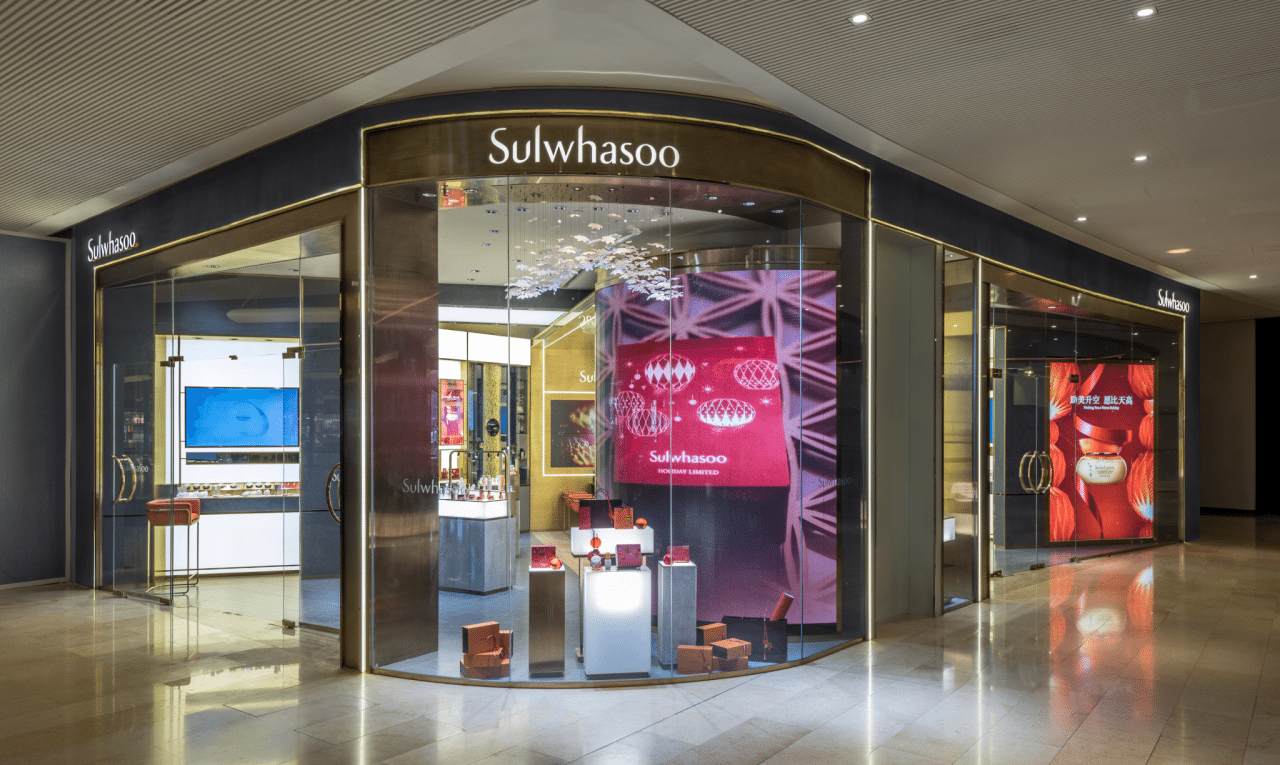Making counterfeit products has become a form of entertainment in China.
On the trending section of Chinese short video platform Douyin you can find videos of DIY cosmetics in which a vlogger pours a prepared liquid into a lipstick stub, shapes it with a heating tool, and then sticks on brand logos. In under two minutes, she makes lipsticks, lip gloss, and cushioned foundations packaged as brand new products from Dior, YSL, Givenchy, Chanel, MAC, and more.
https://youtu.be/N-0kpd7afGE
The fast-forwarded videos reveal the transformation from a colorful liquid to an finished product, a viewing experience as mesmerizing as cake decorating videos on Instagram, or life hack montages on Youtube.
Viewers can purchase these counterfeit items simply by contacting the vlogger to inquire about the price and type. Many vloggers leave their WeChat contact information in captions under their videos, making it easier to strike deals, answer individual questions, and receive payment.
The Chinese counterfeit industry reportedly costs foreign firms up to 20 billion a year in lost profits.
“We are giving back the quality and price that you deserve,” one of the vloggers said when I approached her as a customer. She argues that most of the money consumers spend on high-end lipstick is for the branding, but the level of quality can be easily reproduced at home, and it's quite safe – she showed me a picture of her child applying one of her homemade lipsticks. For the price of an authentic lipstick, you can purchase four lookalikes.
Many vendors on live streaming channels steer away from acknowledging the counterfeiting, focusing instead on the natural ingredients they use. They describe their items as ‘edible’, ‘made purely from plants’, and ‘safe for pregnant women to use’ in the captions of their videos. They claim that by putting up videos of how their products are made, they are establishing their credibility.
Natural, organic ingredients are increasingly popular in China. According to Lin Lin, independent director of the China International Beauty Expo, 70 percent of Chinese mainland buyers looked for organic beauty products last year, an 8.9 percent increase from 2016.
However, the production of certified organic cosmetics means meeting stringent technical requirements that counterfeiters are not held to.
What’s alarming is that the presence of counterfeit products proves there is demand in the market, regardless of the consequences. In luxury-obsessed China, there are many who want a branded product with a low price.
An HKTDC research survey in 2016 showed that while older Chinese women were more attracted by 'natural/organic/herbal ingredients' and 'high-tech/biotech products', young Chinese are 'price sensitive' and heavily rely on ‘word-of-month’ to make their purchasing decisions.
Exactly how cheaply are the counterfeit products being produced? According to Beijing Youth Daily, a search on popular e-commerce platforms reveals that the raw material to produce six lipsticks, which includes basic ingredients like toner, flavor, white beeswax, and sweet almond oil, costs only 18.9 RMB.
Similarly, people can buy empty, lookalike lipstick tubes of high-end brands online, with prices ranging from 2-6 RMB. Foundation boxes, eyeshadows, and other cosmetic boxes can also be also purchased for 10-20 RMB.
Brands are taking action to prevent counterfeiting, with, for example, high-end cosmetic brands like Estée Lauder, SK-II, La Mer, and Sulwhasoo offering to recycle their customers' empty skincare bottles.

The platforms where the videos were hosted, Douyin and Kuaishou, have both issued announcements that they will stop recommending counterfeiting videos, and will punish their creators. Yet as Douyin encourages more transaction-driven activity, and top influencers continue to add links to their own Taobao stores, it looks like the fight against counterfeits will be a long one.


